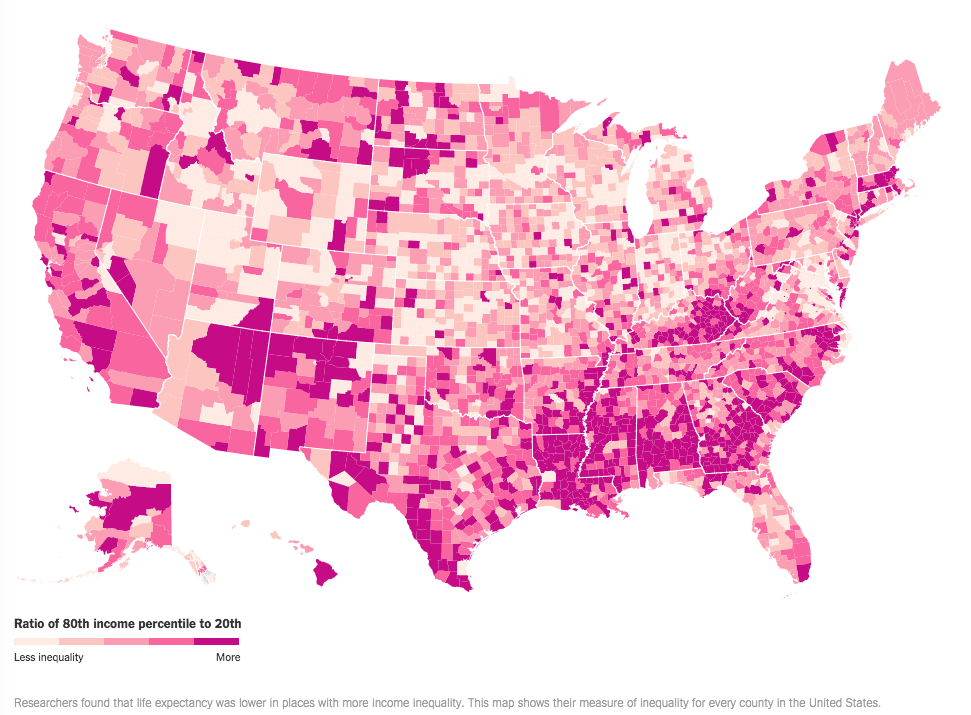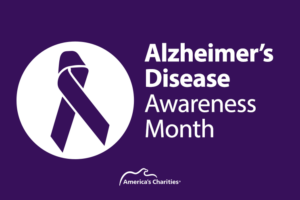Sarah Ford | April 7, 2015
Income Inequality is Bad for Your Health
By Margot Sanger-Katz
We know that living in a poor community makes you less likely to live a long life. New evidence suggests that living in a community with high income inequality also seems to be bad for your health.
A study from researchers at the University of Wisconsin Population Health Institute examined a series of risk factors that help explain the health (or sickness) of counties in the United States. In addition to the suspects you might expect — a high smoking rate, a lot of violent crime — the researchers found that people in unequal communities were more likely to die before the age of 75 than people in more equal communities, even if the average incomes were the same.
“It’s not just the level of income in a community that matters — it’s also how income is distributed,” said Bridget Catlin, the co-director of the project, called the County Health Rankings and Roadmaps.
Many factors besides inequality affect health, of course.

Get Resources and Insights Straight To Your Inbox
Explore More Articles
Open Position: Customer Service Coordinator (Remote-Part Time)
Position Title: Customer Service Coordinator (Remote – Part Time) Department: Charitable Funds Management Solutions We are a non-profit charitable organization looking for skilled individuals who…
Read ArticleGet Resources and Insights Straight To Your Inbox
Receive our monthly/bi-monthly newsletter filled with information about causes, nonprofit impact, and topics important for corporate social responsibility and employee engagement professionals, including disaster response, workplace giving, matching gifts, employee assistance funds, volunteering, scholarship award program management, grantmaking, and other philanthropic initiatives.




